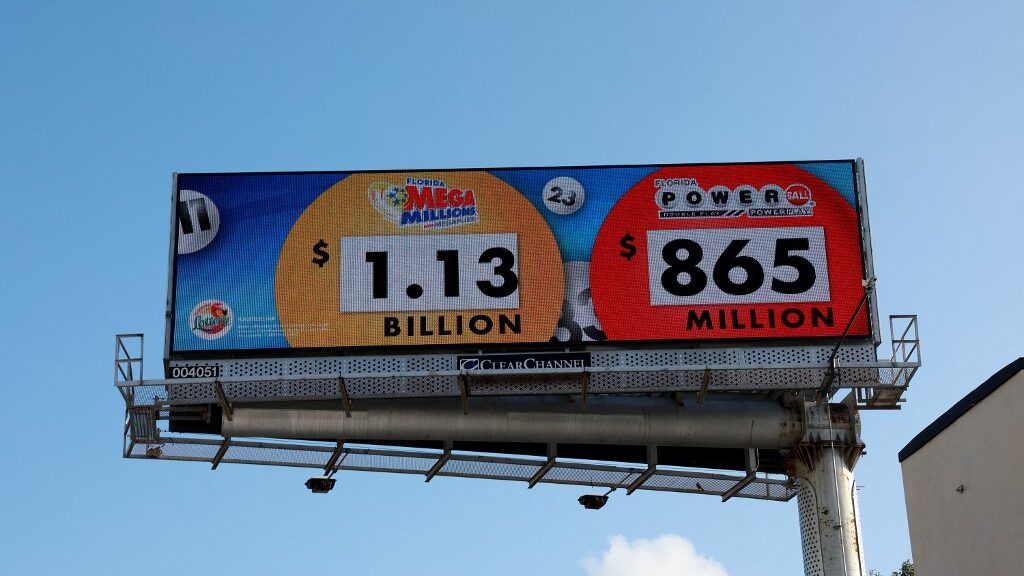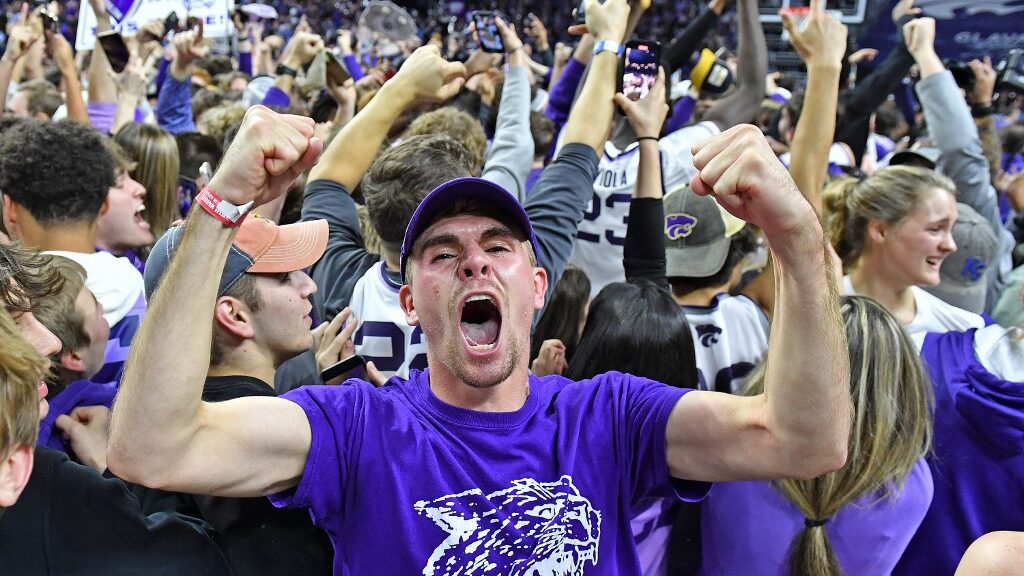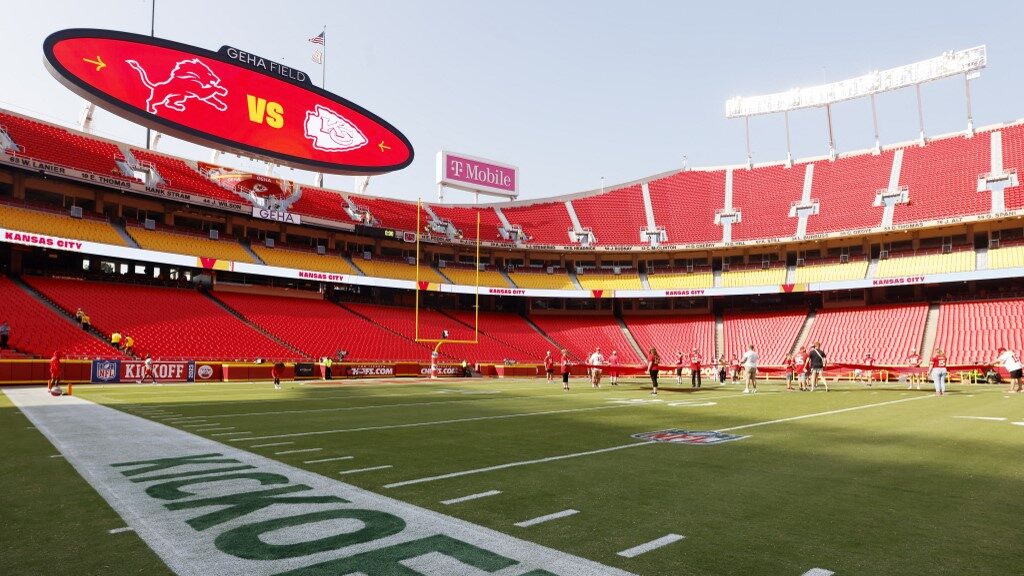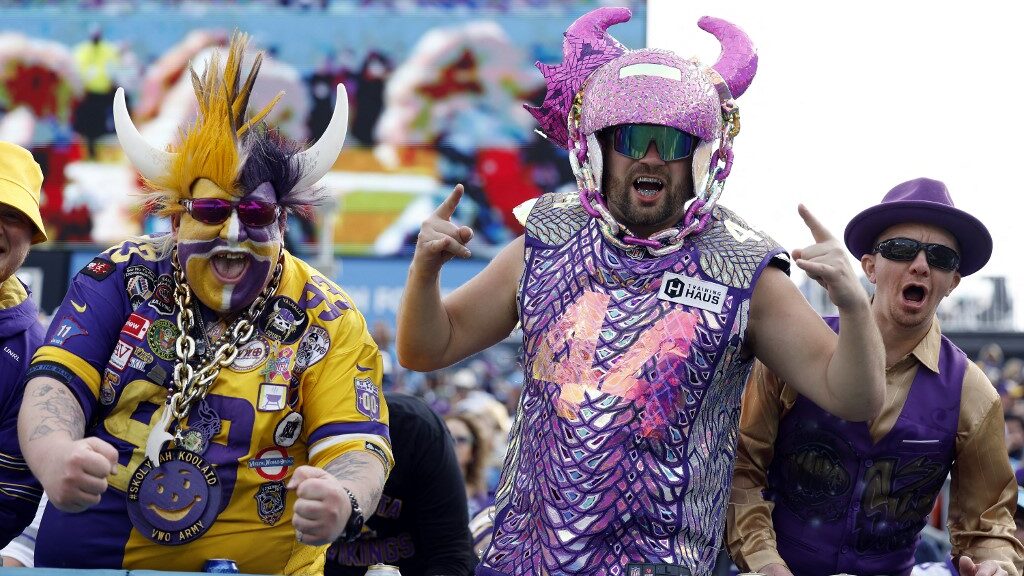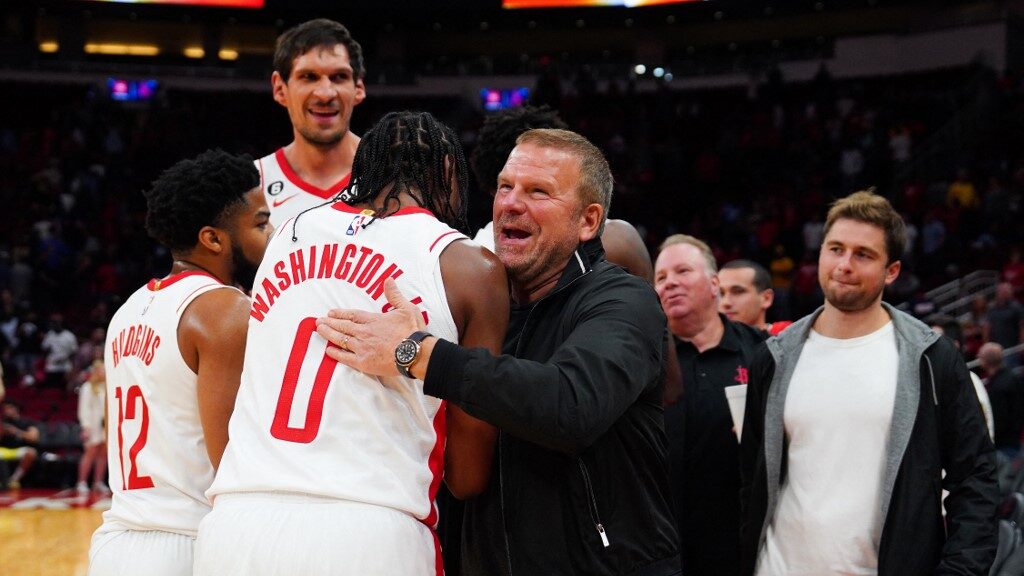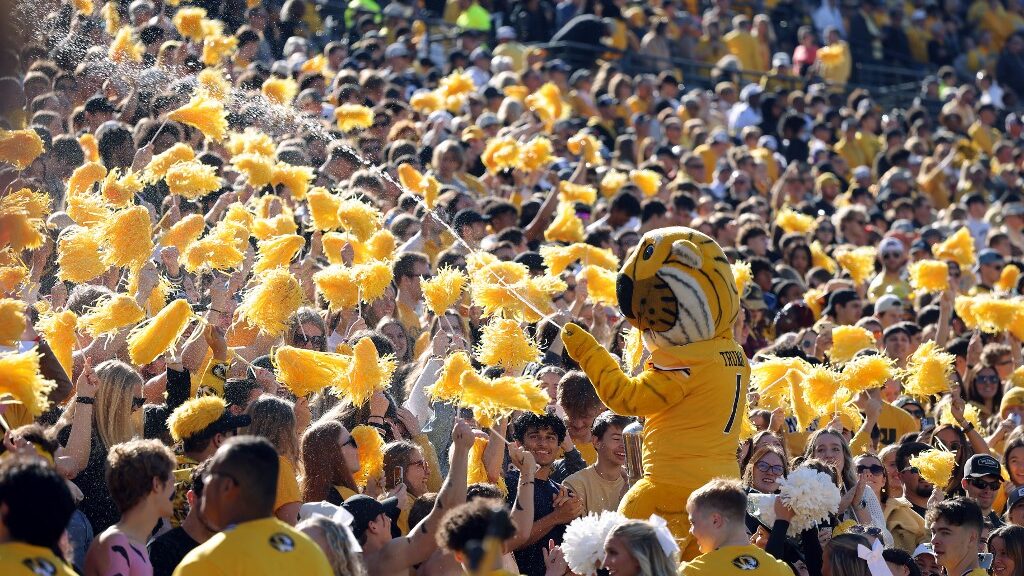
In a hotly contested battle between dueling PAC campaigns, the nation’s leading sports betting platforms, FanDuel and DraftKings, as well as Missouri’s six professional sports franchises, were able to convince the voters that sports betting should be legalized in the Show Me State.
Razor Thin Margin
When all the votes were tallied, 1,468,306 voters approved of sports betting, while 1,463,940 voted no. The ayes got it, but by less than 4400 votes among the nearly three million that were cast. However, a simple majority was all that was needed to usher in the dawn of mobile and retail sports betting in Missouri.
“Missouri has some of the best sports fans in the world, and they showed up big for their favorite teams on Election Day,” Bill DeWitt III, President of the St. Louis Cardinals, said in a news release issued Wednesday.
Missouri became the 39th state to approve sports betting in one form or another, but in this case, the legislation included both mobile and retail wagering and stipulates there will be 14 licenses available.
A dozen of those licenses must be tethered to a land-based casino operating in the state or one of Missouri’s six professional sports franchises, including the Cardinals, Royals, Chiefs, Blues, Kansas City Current, and St. Louis City FC.
However, two coveted licenses will remain untethered, and it is likely those are being reserved for FanDuel and DraftKings, the two industry leaders that donated $40.1 million combined to the Winning for Missouri education political action committee tasked with delivering sports betting to the Missouri masses.
Prepare to Launch
Now that the heavy lifting has been done and preparations can be made for sports betting to commence, it should be noted that the legislation mandates that sports betting platforms launch before December 1, 2025.
However, it is likely that mobile and retail sports betting will go live within the next six to nine months, well before the deadline, according to Jack Cardetti, spokesperson for Winning for Missouri in Education.
“The initiative does lay out a hard deadline, but it’s our hope and expectation that Missourians will be able to place sports betting before that,” Cardetti said.
Revenue Distribution
Online sportsbooks’ revenue will be taxed at 10%, which is expected to generate $4.7 million in the first year of sports betting for the state and $29.8 million by the fifth year of operation, according to the research firm Eilers & Krejcik. The vast majority of those collected taxes will go towards Missouri’s educational system, with the remainder set aside for problem gambling programs.
In addition to the state’s tax coffers benefiting, the ancillary revenue stream provided to the state’s six professional sports franchises through partnerships and sponsorships could ensure the longevity of those teams staying home in Missouri.
Kansas City, Missouri, and Kansas City, Kansas, are less than five miles apart, and the Kansas legislature passed a bill over the summer that created the Sales Tax and Revenue (STAR) bond district, which would use public funding to assist in building a stadium, hoping to woo the Chiefs and even the Royals to Kansas.
But now that Missouri, like Kansas, has sports betting, that added incentive has been removed to make Kansas a less viable destination.
“Quite frankly, a lot of (Chiefs) competitors in the NFL already operate in a state that has sports betting,” Cardetti said. “And so, I think it was important to make sure that they had all of the tools available.”


